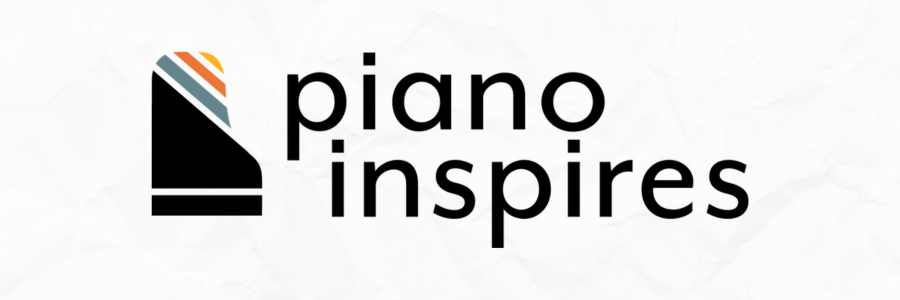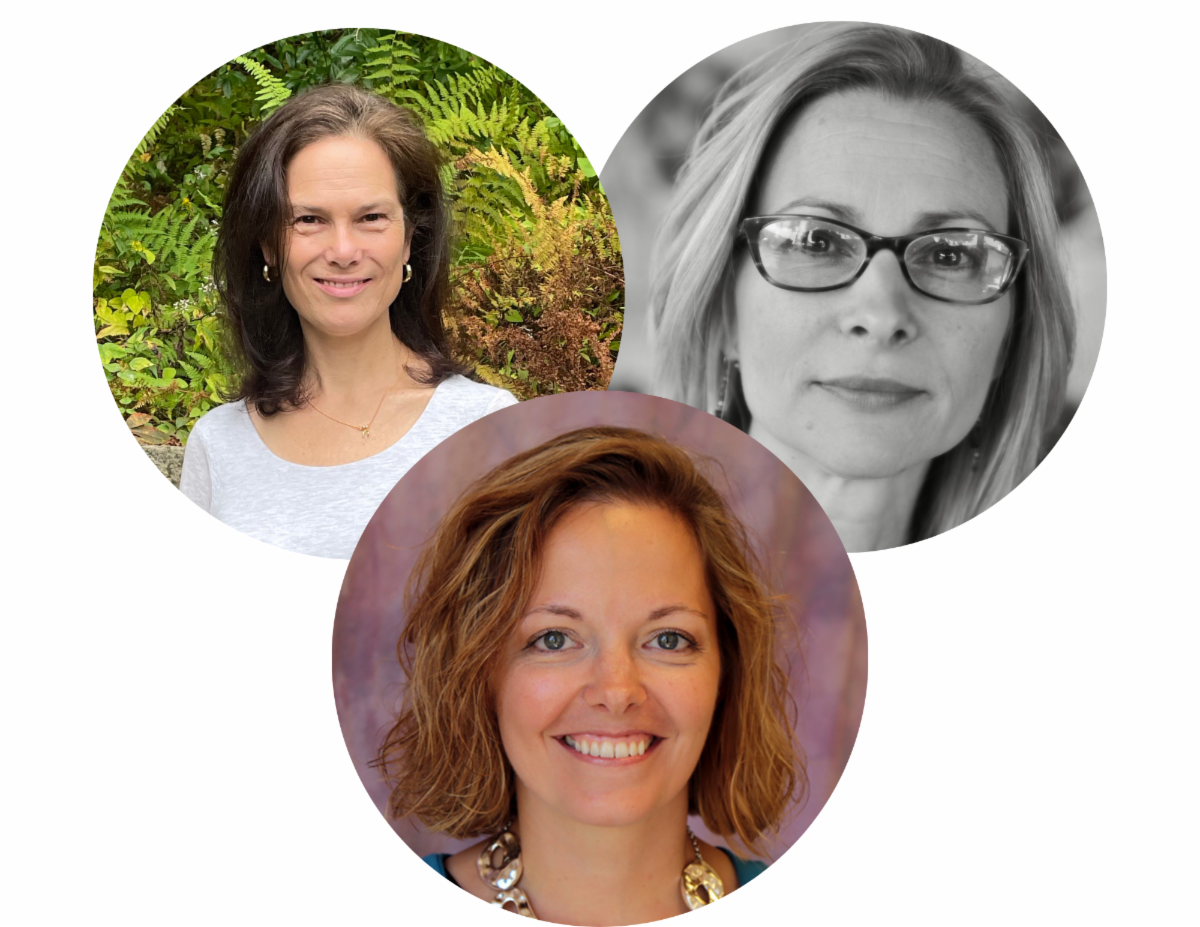Call for Papers
From here, to there, to everywhere:
Translocality and Cosmopolitanism in Music and Dance Practices
1-2 October, 2026
Institute for Ethnomusicology
University of Music and Performing Arts Graz
Many music and dance practices are not bound to a particular place. In an increasingly interconnected world, genres move through time and space in remarkable ways. This two-day symposium at the Institute for Ethnomusicology at the University of Music and Performing Arts Graz, Austria will focus on how various music and dance practices move into cosmopolitan contexts and become translocal through continuous transfer processes based on "movements of people, goods, ideas and symbols, as far as they transcend spatial distances and cultural boundaries with a certain regularity" (Klein 2007: 17–18). Cosmopolitanism in this context we understand as referring to the idea of performers and audiences considering themselves, whether actively or inherently, as being "citizens of the world", which includes valuing cultural openness, global interconnectedness, and shared human experience across borders. Cosmopolitan performances, performers, as well as audiences often critique notions of national identity, cultural essentialism, or the idea that a music or dance tradition "belongs" to one culture or people (see f.e. Turino 2000, Appiah 2006, Stokes 2007). Contemporary expressions of intercultural affinities (Slobin 1993) in sound and movement often involve performers transcending ethnic-national or diasporic parameters of belonging. For example, tango argentino is practiced throughout Europe (Stepputat 2024), Irish traditional music in Japan (Williams 2006), and Brazilian samba in Australia (Shaddick 2018). In relation to some of these practices, translocalisation may lead to a peculiar separation between music and dance practices (Stepputat and Djebbari 2020), while such processes of re-location potentially entail shifts from ethnic-national to sonic identity markers in others (Morgenstern 2020). Interestingly, most of these music and dance practices still have a particular place and time of origin, whether real or imagined, in relation to which performance practices continue to be validated and authenticated. All these issues raise important questions about the stakes of access and inclusivity, origin and change, identification, transmission, and agency when music and dance genres become mobile beyond their respective source domains. The aim of this symposium is to critically tease out these complexities in translocal and cosmopolitan contexts. A follow-up, peer reviewed publication featuring contributions from this symposium is planned.
Prospective participants are invited to submit proposals for individual 20-minute presentations engaging with the overarching topic. Presentation themes may include, but are not limited to, the following foci:
• What are social and cultural gatekeepers of belonging in cosmopolitan, translocal
music and dance practices?
• Who controls these narratives, and through which trajectories?
• What are economic factors of inclusivity, such as class and capital?
• Which power structures of gender and sexuality underpin cosmopolitan, translocal practices?
• Which recreational/competitive spaces exist in cosmopolitan, translocal music and dance performance?
• What modes of transmission evolve through translocalisation and in cosmopolitan contexts?
Please direct paper proposals in the form of an abstract (250 words) and a short biography
(150 words) or any further questions you have, to the organisers Kendra Stepputat and Felix
Morgenstern:
kendra-iris.stepputat@kug.ac.at<mailto:kendra-iris.stepputat@kug.ac.at>
felix.morgenstern2@ul.ie<mailto:felix.morgenstern2@ul.ie>
Submission deadline: 15 March 2026
We are looking forward to receiving your contributions!
_____________________________________________
Dr. Felix Morgenstern (he/him)
Postdoctoral Researcher
Irish World Academy of Music and Dance
University of Limerick
IRELAND
E: Felix.Morgenstern2@ul.ie







